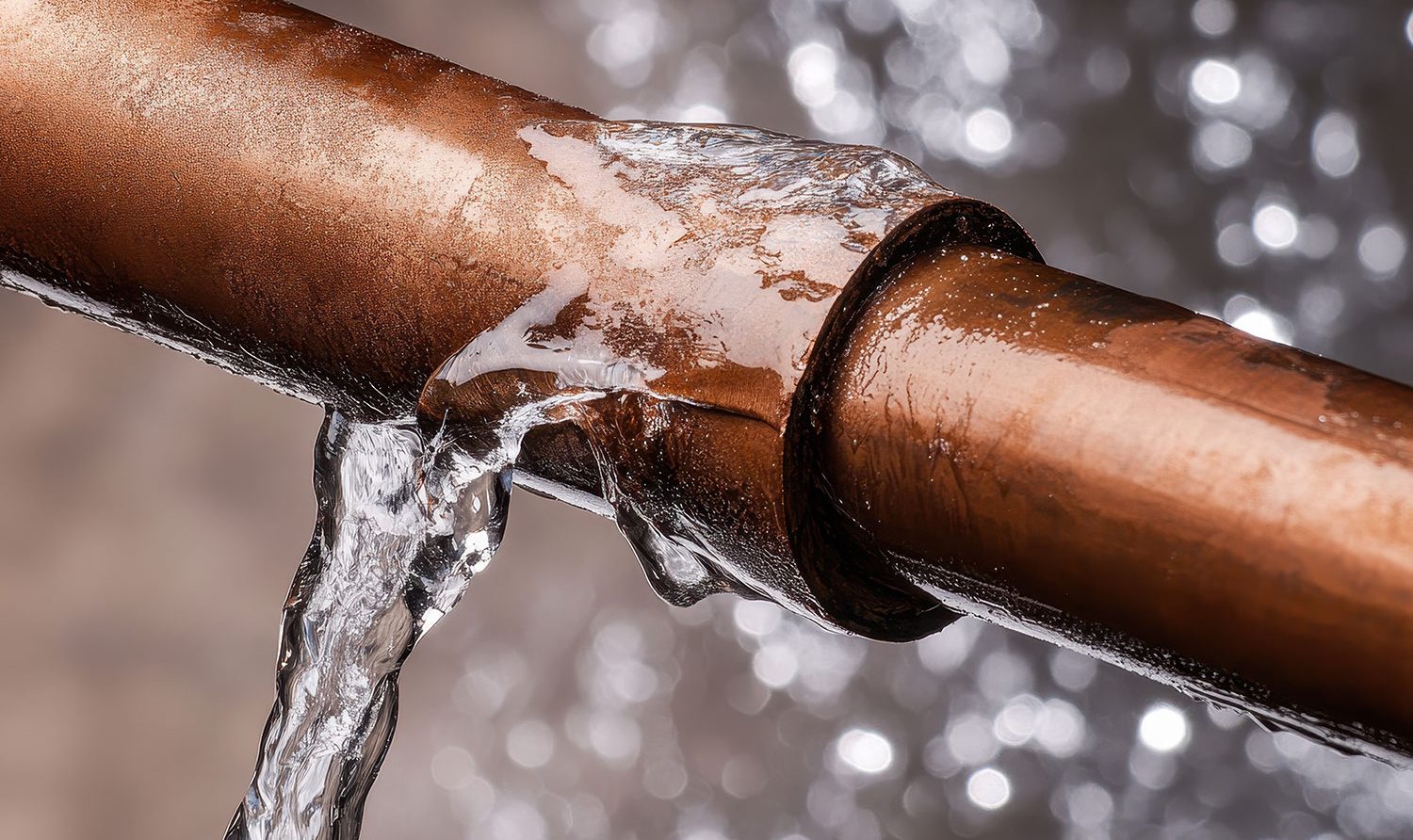Home Insurance | 09/19/2025

The frigid days and nights of winter may still be several months away, but it’s never too soon to consider this number: 225,000. That’s how many homes in the United States, on average, experience property damage each year as a result of frozen pipes.
And when a freeze-up causes a split or burst pipe, the resulting water damage can be enormous, and enormously expensive to remediate, costing anywhere from tens of thousands to six-figure payouts per incident.
But sometimes, it’s worse. Much worse. A split pipe can dump 250 gallons into a home in a single day, a burst pipe, even more.
Consider a case that happened here on Cape Cod several years ago. Because the house was unoccupied, just like more than half of the homes on the Cape off-season, a water leak went undetected for several hours.
By the time the homeowner received an alert on his phone from a low-temperature device in the house, the damage was catastrophic. Water had fully saturated the interior of the home, requiring stripping the structure down to the studs, followed by a complete rebuild. Even the front door, delaminated by the water, had to be replaced. In 2025 dollars, the total reconstruction cost of that particular freeze-up was more than $1 million.
So, what’s the solution? What do you need to do to make sure that you and your property are protected from freeze-up incidents?
The good news is that a quality insurance policy will generally cover the costs of “sudden and accidental” release of water from a plumbing source, less the policy’s deductible. But there’s an “if” here, and it’s a significant one. A policy will typically cover a loss from a freeze-up incident only IF the property owner has taken steps that are part of what is commonly called reasonable standards of care.
Together, these steps represent a course of action to prevent frozen pipes. These strategies include
An additional step to guard against a freeze-up is installing a generator that turns on at the loss of power and that is capable of supporting the heating system and the rest of a property’s electrical needs. Another is the installation of an automatic water shut-off system, which features a flow sensor that shuts off the main water valve in response to sudden deviations in water use, circulation, and pressure. These investments not only prevent loss but may also lower the cost of your insurance.
Adhering to reasonable standards of care is important for another reason, and it’s a significant one: insurability, meaning insurance carriers will view you and your property as a good risk and want to insure you. The best scenario for a property owner is to have as many cost-effective, quality options as possible for insurance, but having a frozen-pipe loss on your record can create problems.
If a property owner experiences a freeze-up, and reasonable care to prevent it hasn’t been taken, many insurance companies may not be willing to insure the property or its owner in the future. In other words, the property owner’s choice for coverage will be severely limited and much more expensive.
At Benson, Young & Downs, we work to find our clients the best, most cost-effective insurance coverage possible. Clients can play a critical role by taking simple, loss-cost or no-cost measures to prevent a costly freeze loss.
If you have questions about applying reasonable standards of care to your property or would like to discuss your insurance coverage for freeze losses, contact the BY&D team at 508-487-0500 or insure@byandd.com. We know that protecting your property is important to you. It’s important to us as well.
Benson, Young & Downs Insurance Agency has been protecting Massachusetts families, businesses, municipalities, and non-profits since 1902. We’re not just your insurance agency—we’re your neighbors.